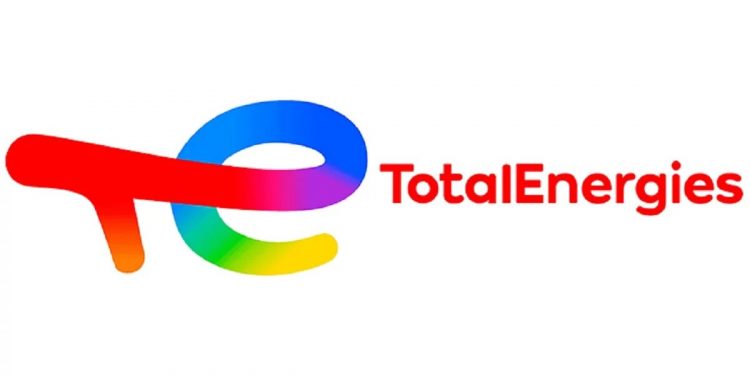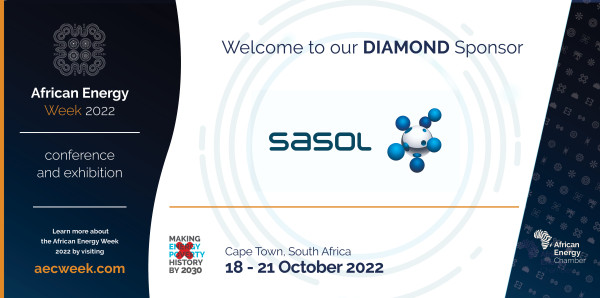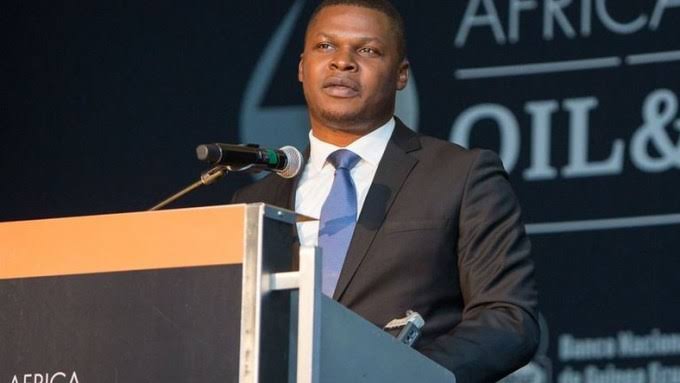French energy giant TotalEnergies is poised to approve a significant $750 million gas project in Nigeria next year, signaling a promising step toward revitalizing the country’s hydrocarbon sector. The announcement was made by Mike Sangster, Senior Vice President of Africa Exploration and Production at TotalEnergies, at the France-Nigeria business forum in Paris on Friday.
“We have another dry gas project called Ima, which we hope to sanction next year for about $750 million,” Sangster confirmed, highlighting the potential for growth in Nigeria’s gas industry.
The Ima project, a shallow-water initiative developed in partnership with a local firm, aims to strengthen Nigeria’s gas supply to its Liquefied Natural Gas (LNG) facilities. The project underscores TotalEnergies’ commitment to expanding its operations in the country, as the company has already pledged around $500 million to a joint venture with the state-owned Nigerian National Petroleum Company (NNPC) Limited. This joint venture will focus on developing the Ubeta onshore field, which is expected to produce 300 million cubic feet of gas per day. The project is expected to significantly enhance gas supplies to the Nigerian Liquefied Natural Gas (NLNG) plant.
The country’s energy sector has faced numerous challenges in recent years, but with ongoing reforms and increased investments, there are signs of recovery. Since taking office in May 2023, President Bola Tinubu has been addressing these challenges, implementing new policies to enhance the efficiency and competitiveness of Nigeria’s oil and gas sector. He has signed two executive orders aimed at boosting sector performance, one of which includes measures to attract up to $10 billion in new investments for deep-water gas exploration. These initiatives are part of a broader effort to improve Nigeria’s investment climate through tax incentives and regulatory reforms.
Sangster acknowledged the positive impact of these reforms but emphasized that there is still work to be done. “There’s still more to be done in terms of regulation, simplifying, and accelerating the process, but we have appreciated some of the changes that have been made over the past year,” he said. These adjustments have provided TotalEnergies with the incentive needed to renew their investments, ultimately helping to halt the decline in production and create opportunities for growth.
The company has seen the potential for increased production in Nigeria, but Sangster stressed that further changes are necessary to attract international contractors with deep-water project expertise. He argued that easing local content regulations could help revive these investments, fostering competition and increasing the flow of capital into the country’s oil and gas sector. This could provide a much-needed boost to the industry, ensuring the country remains a key player in the global energy market.
These ongoing developments signal a turning point for Nigeria’s energy sector, with significant investments like TotalEnergies’ gas project contributing to the broader objective of economic revitalization across Africa.










